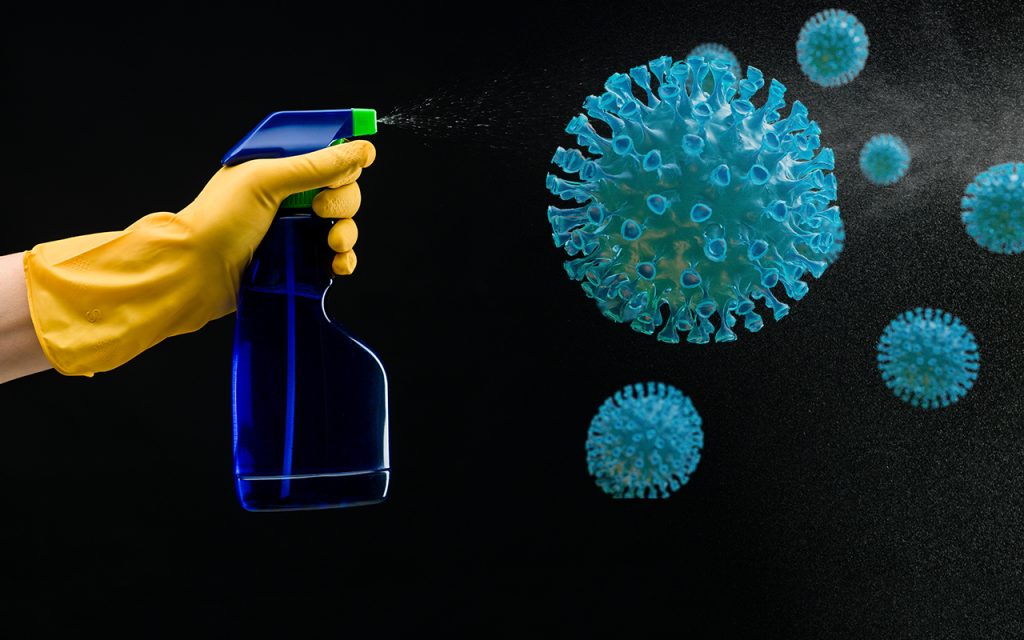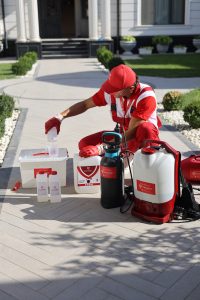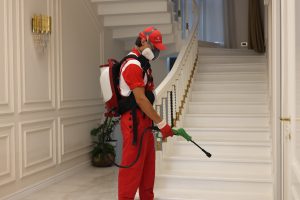
Disinfectants play a key role in preventing infections and maintaining sanitary safety. They are used in medical facilities, catering establishments, offices, and residential premises. However, not all formulations are equally effective and safe, so it is important to consider a number of factors when choosing them.
One of the key points is the spectrum of action. There are universal solutions that suppress a wide range of microorganisms, and specialized ones that target specific types of bacteria, fungi, or viruses. You should also pay attention to the level of toxicity, the possibility of allergic reactions, and the rules for use.
If you need a product specifically for destroying viruses, you should carefully study the composition and confirmed test results.

Classification of disinfectants
Different products differ in their chemical basis, and this is what determines their properties, advantages, and limitations. The following types are most commonly used in practice:
- alcohol-based: fast-acting, suitable for treating small surfaces, but can cause dry skin;
- chlorine-containing: effective against most microorganisms, but have a strong odor and can damage materials;
- peroxide compounds: environmentally friendly, safer for humans, but require proper storage;
- quaternary ammonium compounds: well tolerated by most surfaces, but less effective against some pathogens;
- aldehyde-based: highly active, but toxic and require strict adherence to instructions.
The choice of a specific option depends on the disinfection objectives, the type of surface being treated, and the conditions of use.

What to look for when buying
To ensure that the use of disinfectants is truly effective and safe, several key parameters should be taken into account:
- purpose and spectrum of action: it is important to understand which microorganisms the product is effective against;
- concentration of the active ingredient: a solution that is too weak will not do the job, and an excessive dosage can be dangerous;
- form of release: liquids, sprays, powders, and wipes are convenient for different conditions of use;
- Compatibility with materials: some compositions can damage metal, wood, or plastic.
- storage conditions and shelf life: it is important that the product remains effective until the end of its shelf life.
Therefore, disinfectants should be selected carefully. They must be effective against specific pathogens, safe for humans and the environment, and convenient to use. A competent approach to this issue helps to reduce the risk of spreading infections and maintain a high level of sanitary protection.
